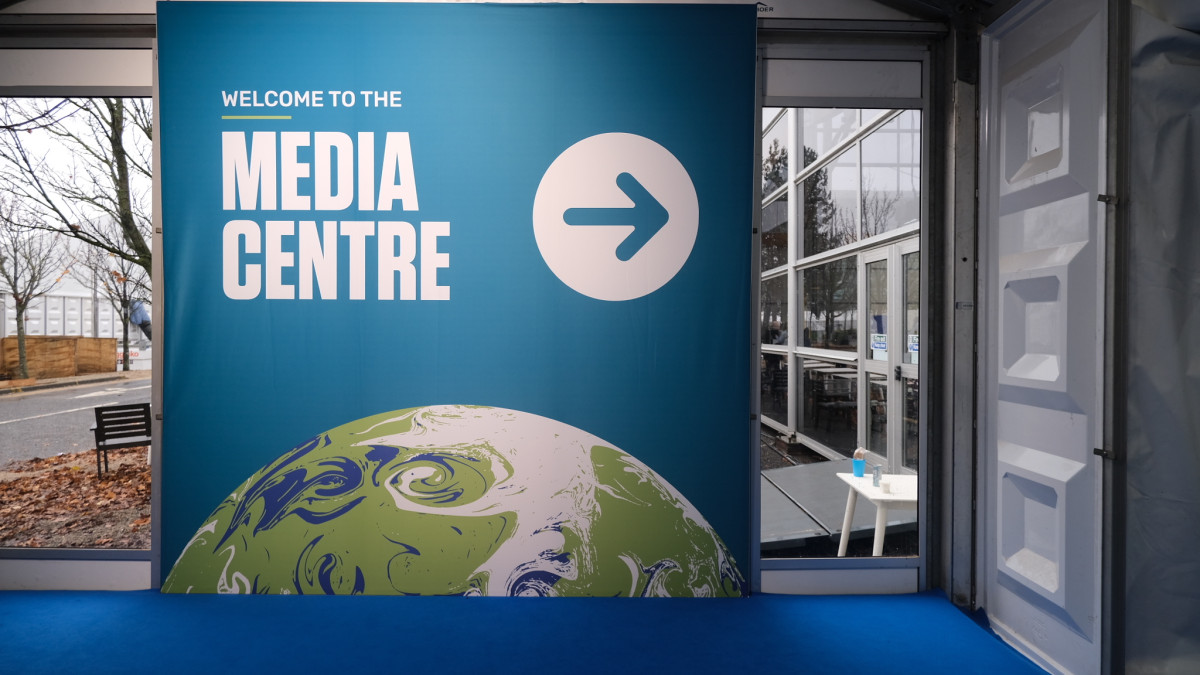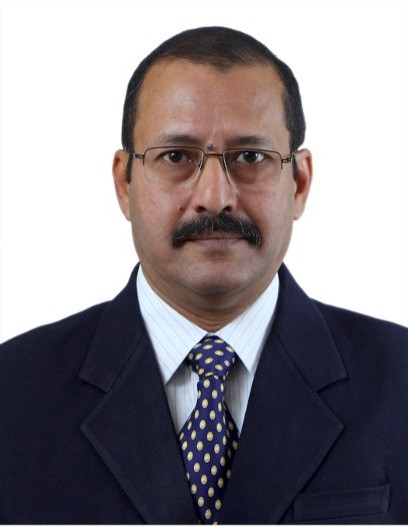“Together for implementation” – How to report on COP27 in an energy crisis
Russia's invasion of Ukraine has radically changed the backdrop for climate policy. In Europe, a decades-old reliance on Russian fossil fuel imports ended. Energy efficiency became a big talking point and renewable energy plans were accelerated. But many countries also focused on finding new fossil fuel sources to increase energy security. At the same time, the effects of climate change - heat waves, floods and drought - also became more visible. Their impact makes finance one of the key topics at COP27; host country Egypt declared that financial assistance for developing countries should be at the top of the agenda. Amid the turmoil, two IPCC reports came out in 2022, warning that any delay in global action on mitigation and adaptation “will miss a brief and rapidly closing window of opportunity to secure a liveable and sustainable future for all.”
COP26 ended with mixed feelings. The two weeks resulted in the Glasgow Climate Pact, with many countries disappointed that the final text had been watered down in several places, including the wording on coal changing from "phase-out" to "phase-down". At the same time, important multilateral agreements were reached in Glasgow. Examples include reducing methane emissions, ending international financing of fossil fuels and halting and reversing deforestation. The Paris rulebook was finalised, including the much-discussed Article 6 on global carbon market rules.
There will be plenty of news stories to cover at this year’s COP27. A key topic will be finance, as energy prices soar and the impacts of climate change become more visible. Developed countries will be in the hot seat as they have still not delivered on their promise to provide $100 billion a year in finance to developing countries from 2020. Another important topic of discussion will be the financing of loss and damage, as the losses and damages caused by climate change - such as damaged buildings, destroyed livelihoods or even deaths - primarily affect developing countries. The issue of loss and damage was not included in the official negotiating agenda for COP27, but looking at the Bonn climate talks earlier this year, it is still likely to be a central theme.
Whether on the ground or reporting from afar, covering the COP can be complicated and overwhelming. Should journalists report on all the nitty-gritty details of the technical negotiations? How should they best report on multilateral agreements and side events? How can they translate technical climate jargon to news audiences? To guide journalists in their coverage, Clean Energy Wire has invited experienced COP reporters to share their insights and tips.
Agenda
| 16.00 - 16.05 |
Welcome and introduction by Boris Schneider, Clean Energy Wire |
| 16.05 - 16.45 |
“Together for implementation” – How to report on COP27 in an energy crisis Panel discussion by
|
| 16.45 - 17.25 | Discussion and Q&A |
| 17.25 - 17.30 | Conclusions and outlook |
Speakers
Eman Mounir is a freelance investigative and data journalist based in Egypt. She focuses mostly on climate and environmental issues. She has won and has been nominated for several international awards, including the True Story award, the Covering Climate Now awards, the New Media Prize in the United Kingdom, and the Young Journalist Award from the London-based Thomson Foundation. Her work has been published in various international publications, including The Economist, Christian Science Monitor, Euronews Green, and Open Democracy. She is a former fellow for the One World Media Foundation in London and the ARIJ foundation in Jordan.
Soumya Sarkar is a senior editor at Hindustan Times, one of the largest selling newspapers in India. Although he has been a business journalist for most of his career, Soumya takes a keen interest in environmental and climate change issues. Besides encouraging colleagues to write more from a climate perspective, Soumya also actively reports on the climate crisis, traveling across India to do so. He has been covering the climate summit for the past several years.




